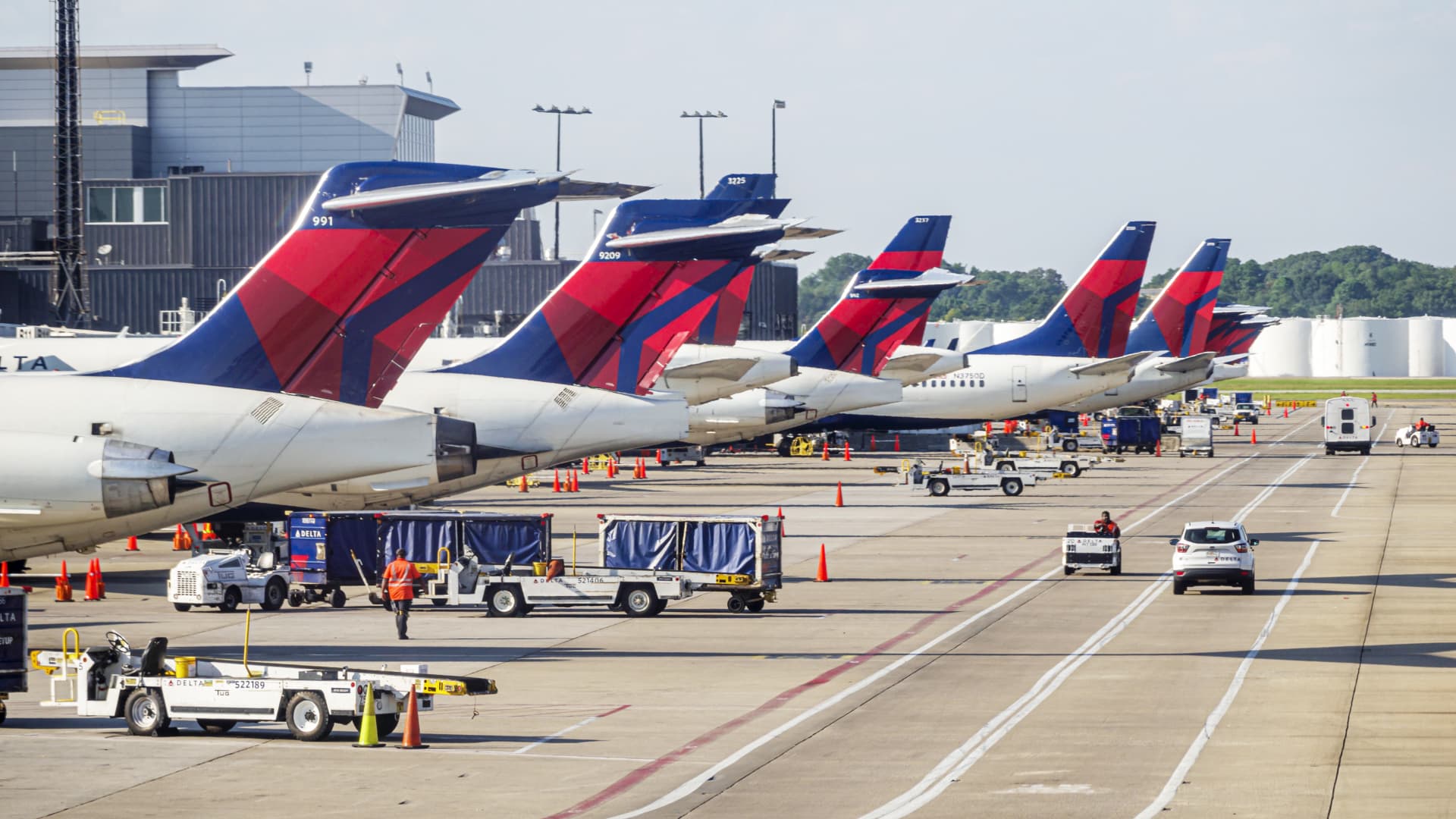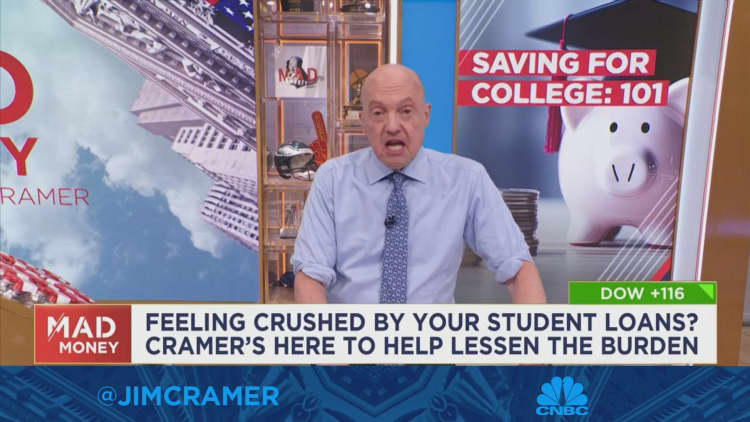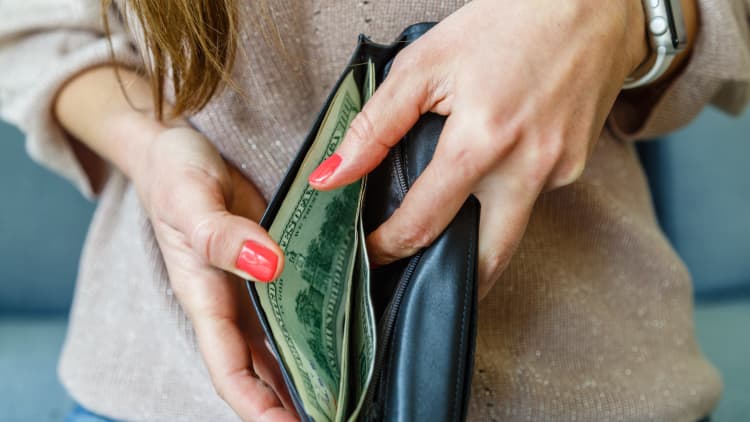

Between inflation and economic instability, Americans have depleted most of what they had in their savings accounts.
More than half of all Americans now live paycheck to paycheck and most adults — 57% — cannot afford a $1,000 emergency expense, a Bankrate survey from earlier this year found.
Meanwhile, experts say having a cash reserve is key and can prevent workers from turning to high-interest credit cards or taking hardship withdrawals from their retirement accounts.
To address the savings crisis, a growing number of employers are stepping in.
Already, Delta Air Lines, Starbucks, Best Buy and Levi’s, among others, have introduced some type of emergency-savings benefit, many as a result of the new retirement legislation in Secure 2.0 — a law enacted in December that focuses on improving retirement security by making it easier for workers to build and access emergency cash.
More from Personal Finance:
Credit card rates are practically in ‘loan shark’ territory
3 money moves millionaires are more likely to make
Money market funds vs. high-yield savings accounts
“The legislation has definitely started more conversations,” said Katie Taylor, vice president of planning and engagement at Fidelity Investments.
“The ability for an employer to help their employees to feel they have solutions in place to manage their overall finances is really important,” Taylor said.
Delta is offering workers up to $1,000
Delta Air Lines planes at Hartsfield-Jackson Atlanta International Airport.
Jeff Greenberg | Universal Images Group | Getty Images
Under Delta’s emergency savings program, which is available to all employees below the director level, workers receive $750 directly deposited into a Fidelity account after completing one financial coaching session.
The airline will then match up to $250 of an employee’s contributions made with payroll deductions to that account for a total of $1,000.
“Financial literacy is the civil rights issue of this generation,” said John Hope Bryant, chairman and CEO of Operation Hope, a nonprofit that worked in partnership with Delta and Fidelity Investments.
“It’s as important as the right to vote,” he said. “It’s the lifeblood to being able to operate a dignified life.”
The pandemic underscored how valuable these programs could be.
When the economy stalled, Delta workers tapped roughly $1 billion in hardship withdrawals from their retirement accounts, Bryant said.
“People were suffering quietly,” he said.
Delta recently expanded the initiative globally, making more than 90,000 employees eligible. So far, more than 33,000 workers are participating, according to the company.
“I didn’t have a strategy in place on how to save money,” said Loretta Day, a Delta flight attendant based in Atlanta. “If I got an email that said there was a sale on candles, it was disrespectful not to take advantage of the sale.”
But it didn’t take long for Day, 51, to practice better money habits once she completed a financial education class, she said.
“It made me think about everything I’m spending money on that I already have at home,” Day said.
Since then, Day paid off her credit card debt and has started putting one paycheck a month toward savings. She still buys the occasional candle, she said, but she has a bigger purchase in mind: Owning her own home.
“I’ve given myself a year,” she said. “I feel confident now that when I’m ready to retire, I’ll be in a better place than I was.”

“At the end of the day, we believe investing in our people is good for our customers and our shareholders,” said Kelley Elliott, vice president of Delta’s total rewards program.
Employees who are financially well are 10 times more likely to be focused at work than employees who are not, added Fidelity’s Taylor.
“There is a notable benefit to employers too,” she said.
‘Emergency savings is the new health insurance’
The ability to reduce financial stress and boost productivity will encourage many more companies to follow suit, according to Bryant.
“Financial literacy coaching and counseling tied to emergency savings is the new health insurance — this is what every company will be doing in the next decade,” he said.
With the additional support, workers “are going to come in earlier, stay longer and go the extra mile,” Bryant added. “It’s actually cheaper to treat your people better — that’s why it’s going to be sustainable.”
If your employer is offering you something akin to free money, take it.
Douglas Boneparth
president and founder of Bone Fide Wealth
“If your employer is offering you something akin to free money, take it,” said Douglas Boneparth, a certified financial planner and president and founder of Bone Fide Wealth, a wealth management firm based in New York. “That’s always going to be beneficial.”
“However, if it’s not being paired with an appropriate amount of discipline, it doesn’t matter,” added Boneparth, who is a member of CNBC’s FA Council.
Above all else, use this as an opportunity to make the most of the financial education being offered, he advised.
